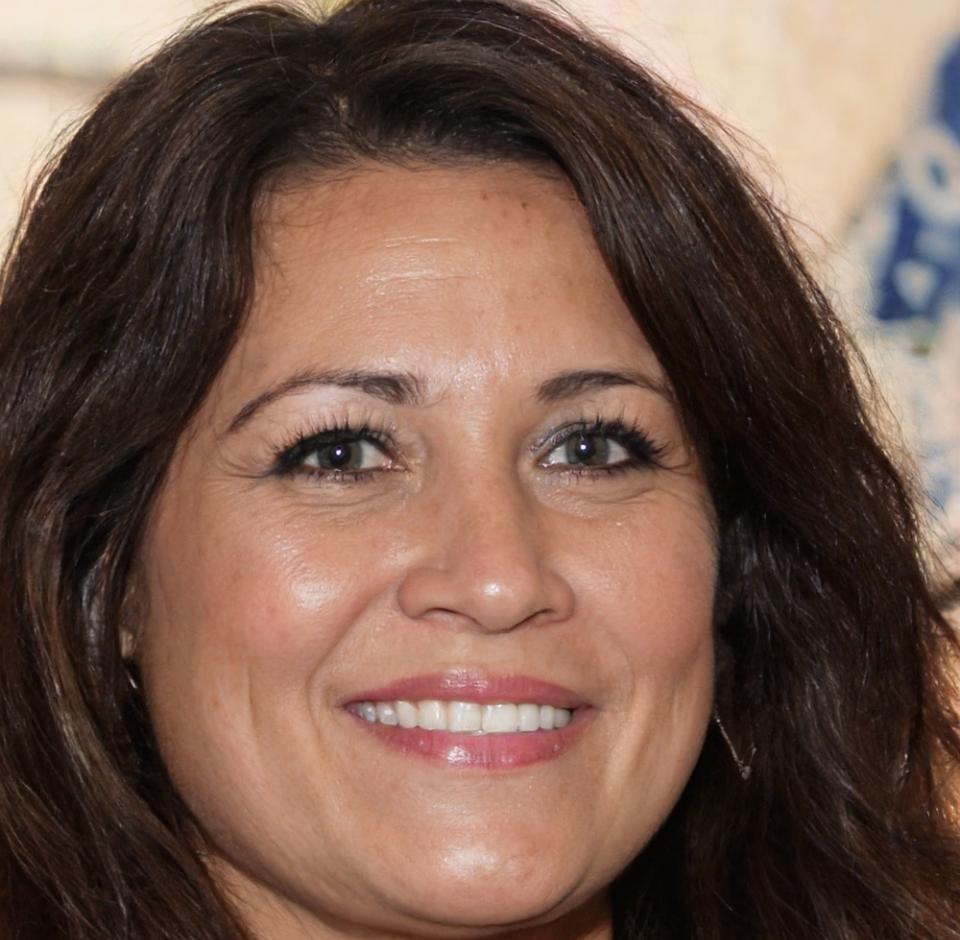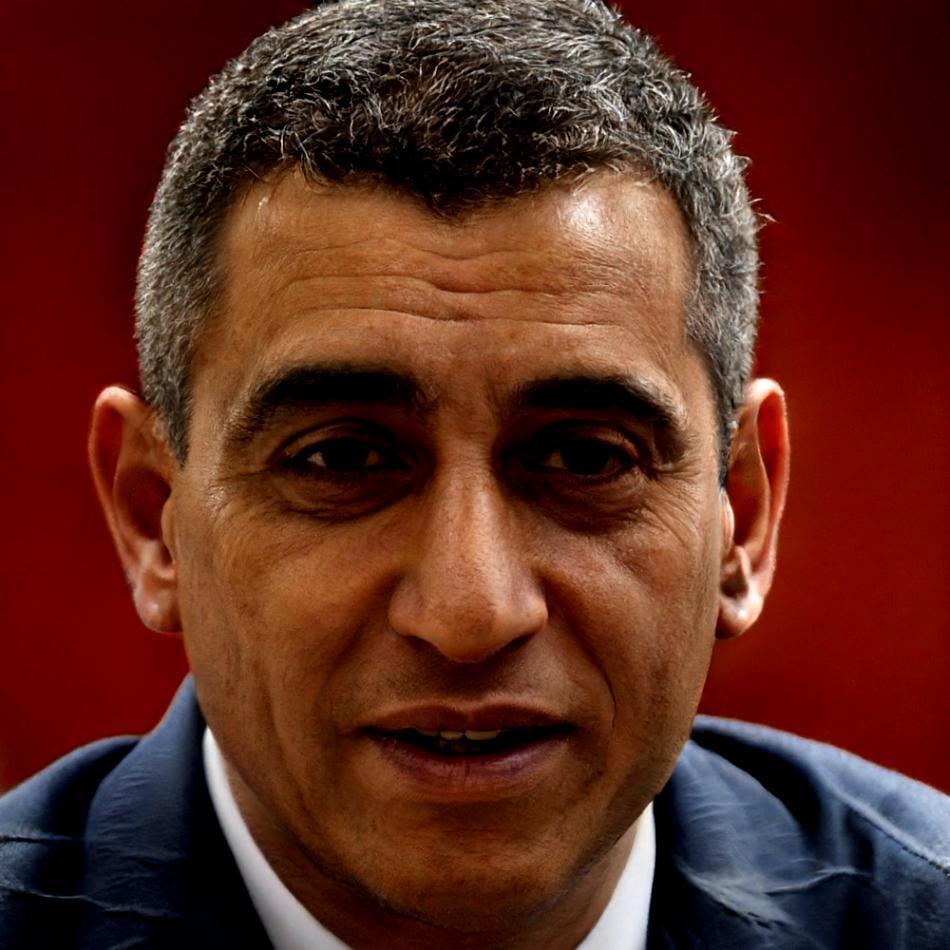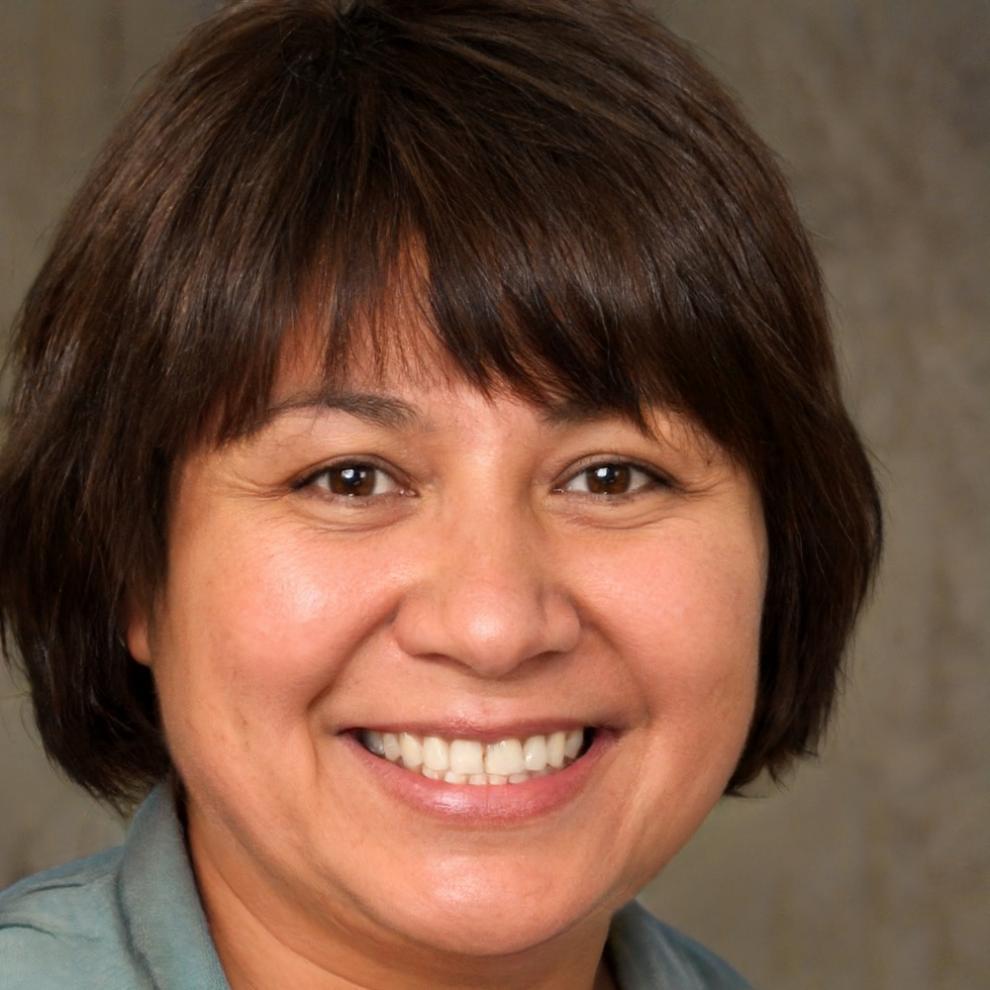How Community Learning Works
Financial stress affects everyone differently, but solutions often emerge when we share experiences and learn from each other. Our program creates structured opportunities for meaningful peer interaction.
Discussion Circles
Small groups of 8-10 participants meet weekly to share experiences, challenges, and practical strategies. Each circle focuses on specific topics like budgeting anxiety or debt management stress, creating safe spaces for authentic conversation.
Peer Mentorship
Participants who've made progress in certain areas mentor others just starting their journey. This two-way relationship benefits both mentors and mentees, creating accountability partnerships that extend beyond program sessions.
Collaborative Projects
Working together on real budgeting scenarios, debt reduction plans, and stress management techniques helps participants apply learning immediately. Projects range from creating household budget templates to developing personal financial resilience plans.
Knowledge Sharing
Participants bring diverse backgrounds and experiences. Teachers share classroom management skills for household budgets, nurses discuss shift-work financial planning, and small business owners explain cash flow strategies.
Real People, Real Progress
Since launching our community approach in early 2024, we've seen remarkable outcomes when people learn financial stress management together rather than in isolation. The peer support element creates accountability and reduces the shame often associated with financial difficulties.
What surprises many participants is how much they learn from each other's different approaches to similar problems. A single parent might discover budgeting techniques from a retiree, while someone dealing with irregular income learns from a seasonal worker's strategies.




Your Community Journey
Our next community cohort begins in August 2025. Here's how participants typically progress through the collaborative learning experience.
Foundation & Connection
Getting comfortable sharing in small groups, understanding different financial stress patterns, and beginning to identify personal triggers and challenges.
Active Collaboration
Working on practical projects together, developing peer mentorship relationships, and applying stress management techniques with group support and feedback.
Skill Integration
Taking on mentor roles for newer participants, leading discussion topics, and developing personalized strategies with ongoing peer accountability.
Sustainable Practice
Maintaining connections beyond formal program structure, continuing peer support relationships, and contributing to community knowledge base.
